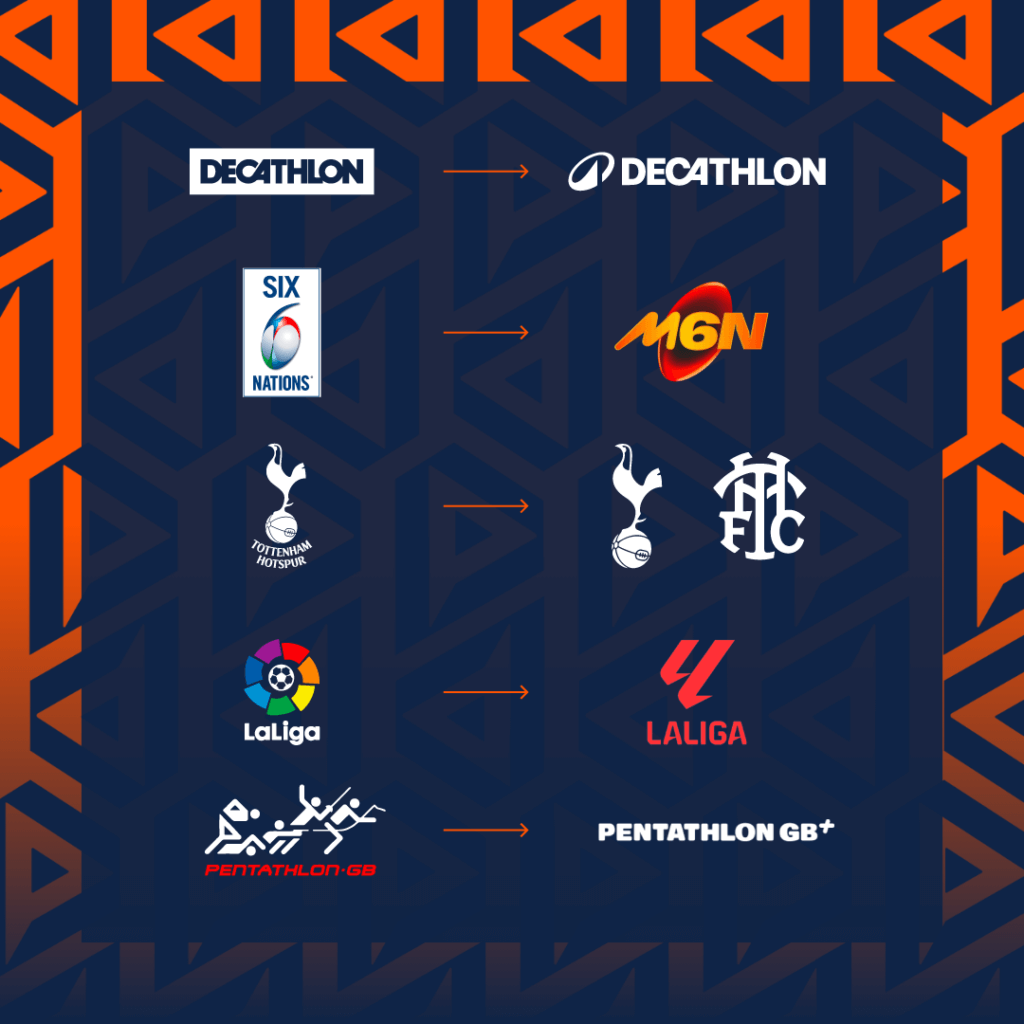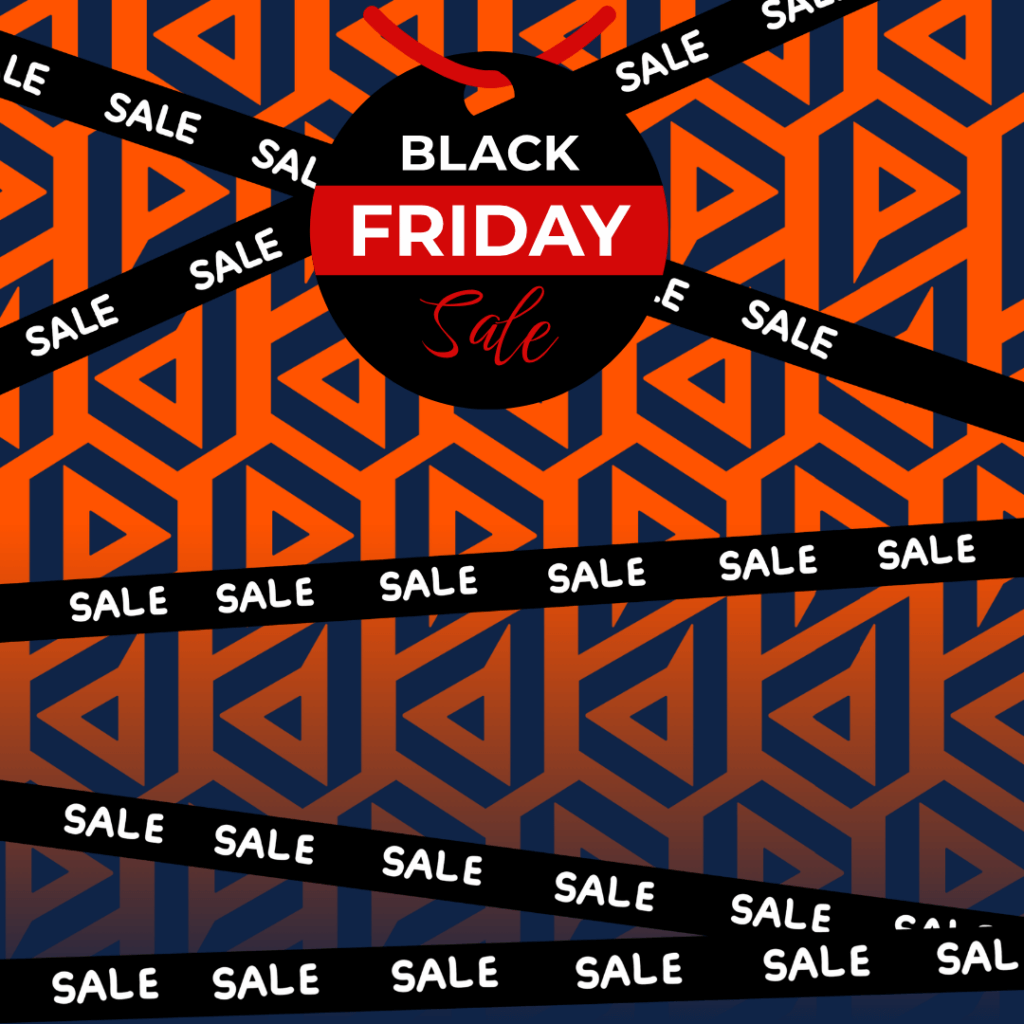Following the buzz around this year’s UEFA Women’s Euro, the rising popularity of women’s football is now on everyone’s radar. In truth, this had been building for years, arguably gathering speed and momentum since the 2019 FIFA Women’s World Cup.
Increased coverage has had a hugely positive impact on attendance figures. The previous Women’s EURO crowd record of 43,301 was promptly smashed in 2022 when the opening game drew in 68,871 spectators, and then again as 87,192 attended the final1.
Gender inequality in sport was the dominant theme in this year’s partnership campaigns. Why did so many brands use this platform to promote social change? And which ones hit the right note?
Supporting women in sport
The growing public appetite for women’s sport offers brands a unique opportunity to create campaigns that tackle gender inequality. This reflects the growing expectation that the brands we love comment on social issues.
In fact, data suggests that over half of us will buy from brands if they support the same causes that we do2. This factor appears to be even more important to Gen Z – 9 out of 10 of this group want the brands they use to advocate for a better world3.
Getting it right (and not so right)
Of course, there’s more at stake here than marketing success. Choosing to address gender equality on such a large platform carries its own ethical responsibility.
At the same time, brand campaigns that come across as lazy, patronising, or even misogynistic in their approach to the topic risk damaging their reputation, particularly (but not solely) with their female audience.
This didn’t stop the sponsors of Women’s Euro 2022 from taking a running shot with this year’s campaigns. Some went half-hearted into the challenge – the production quality of Visa’s 10 second advert made women’s sport feel amateur, while their slogan “when more of us play, all of us win” conjured childhood flashbacks of getting a consolation pat-on-the-back while being told “it’s the taking part that counts!”
Other campaigns used effective storytelling techniques to really hit the social consciousness brief and resonate with audiences. Let’s take a look at some of the best.
LinkedIn – “Follow in her footsteps”
LinkedIn’s campaign included coverage of former England player Carol Thomas undertaking a “legacy” walk from Crewe (the site of the first UEFA Women’s Euro game 1984) to Manchester (the 2022 game opening). The brand has also curated a video of inspiring game archive footage.
LinkedIn’s focus on visible female role models creates a seamless link between Women’s Euro 2022 and their identity as a professional networking platform. This is just the right content for LinkedIn’s community of professionals and influencers to share, increasing the reach of the campaign.
This is a brand that does its homework. Ahead of the sponsorship and as part of LinkedIn’s related “making work work for women” initiative, they commissioned research that revealed 43% of professional women believe they would have greater career success if they had a relatable role model4. This informed a powerful campaign that resonates with LinkedIn’s demographic.
EE – “Hope United”
EE’s 90-second-long ad is a high-quality, fast-paced production that delivers a hard-hitting message. Contemporary camera angles pull us through all the challenges that female footballers may meet, until we reach sexist hate, which “isn’t her problem”, but men’s.
As a mobile network brand, challenging sexist abuse online in their “hope united” campaign is a good fit for EE. Far from just a punchy TV ad, this campaign also provides actionable resources to help bring about real-world change. This includes guides on reporting sexist hate, blocking and muting hate, and diversifying your feed on every social channel.
In this way, EE positions itself as a strong ally for women in the fight against sexist online hate. This is a brand that wants audiences to know how seriously it takes social consciousness and responsibility.
Nike – “Never Settle, Never Done”
In their “never settle, never done” campaign, Nike went all-out to raise the game’s profile. Their ad is almost 90 seconds of entertaining camera tricks, upbeat music, and several big female stars.
The campaign’s tagline highlights the need for more professional opportunities for women in sport. The thought and care that has gone into Nike’s ad results in an uplifting rally cry that manages to avoid positioning women’s sport as a charitable cause.
Beyond the TV screen, Nike also ran a series of projections across Battersea Power Station, Tower Bridge, and the White Cliffs of Dover. These giant images of England’s “Lionesses” helped to make the Women’s Euro’s feel epic.
On our TV screens and our landmarks, Nike is here to make the game feel as big as it really is, highlighting the positive direction of gender equality in sport.
At Digital Playmakers, we have the digital know-how and creative genius to help clients curate the most exciting and engaging marketing campaigns for their audiences.
Are you ready to take your campaigns to the next level? Get in touch with the team today!
- https://www.uefa.com/womenseuro/news/0276-15748cb0ba74-f342af5f57b8-1000–biggest-women-s-euro-crowds-2022-finals-the-best-attended-ever/
- https://www.edelman.co.uk/2022-edelman-uk-trust-barometer
- https://www.edelman.co.uk/research/gen-z-future-consumer
- https://employernews.co.uk/news/womens-professional-progress-hindered-by-lack-of-visible-role-models/


